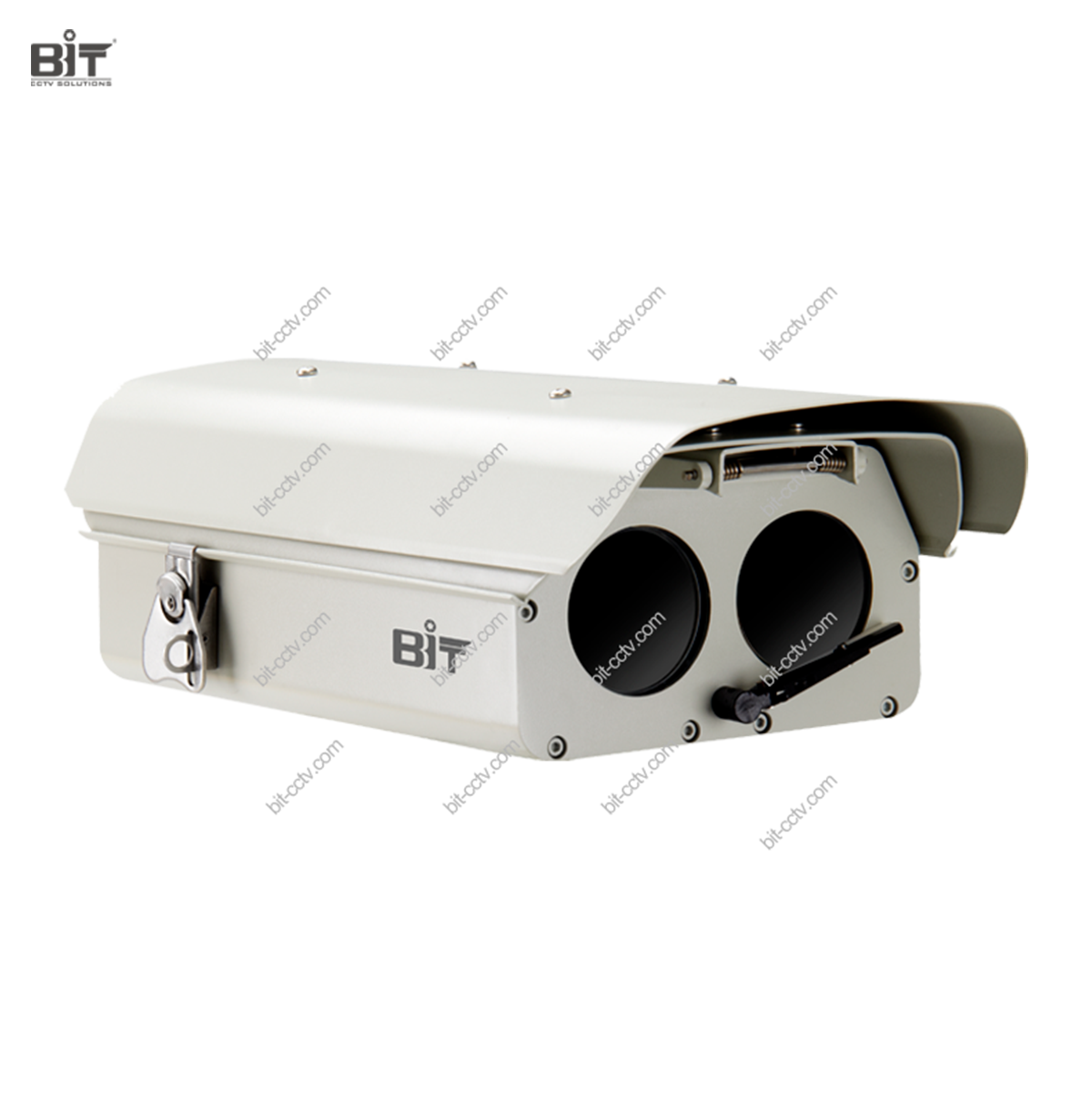
# Dual Cabin Camera Housing Design and Implementation
## Introduction
The aviation industry has seen significant advancements in camera technology over the past decade. One of the most notable developments is the dual cabin camera housing system, which provides enhanced monitoring capabilities for both pilots and cabin crew. This article explores the design considerations and implementation strategies for dual cabin camera housing systems in modern aircraft.
## What is Dual Cabin Camera Housing?
Dual cabin camera housing refers to a specialized enclosure system that accommodates two separate camera units within a single protective structure. This design offers several advantages:
– Space efficiency in the aircraft cabin
– Synchronized monitoring from multiple angles
– Reduced installation complexity
– Improved maintenance accessibility
## Key Design Considerations
### 1. Structural Integrity
The housing must withstand:
– Vibration and turbulence during flight
Keyword: dual cabin camera housing
– Extreme temperature variations
– Potential impact from cabin activities
### 2. Thermal Management
Effective heat dissipation is critical for:
– Preventing camera overheating
– Maintaining optimal image quality
– Ensuring long-term reliability
### 3. Optical Performance
Design must account for:
– Minimal distortion in camera view
– Proper lens protection
– Anti-glare and anti-fog features
## Implementation Challenges
Implementing dual cabin camera systems presents several technical hurdles:
The most significant challenge lies in integrating the system with existing aircraft avionics while maintaining compliance with strict aviation safety standards. Engineers must carefully balance performance requirements with weight restrictions and power consumption limitations.
## Future Developments
Emerging trends in dual cabin camera housing include:
– Integration with AI-based monitoring systems
– Enhanced low-light performance
– Wireless data transmission capabilities
– Self-diagnostic and maintenance features
## Conclusion
The dual cabin camera housing represents a significant step forward in aircraft monitoring technology. As designs continue to evolve, we can expect even more sophisticated systems that enhance both safety and operational efficiency in the aviation industry.
